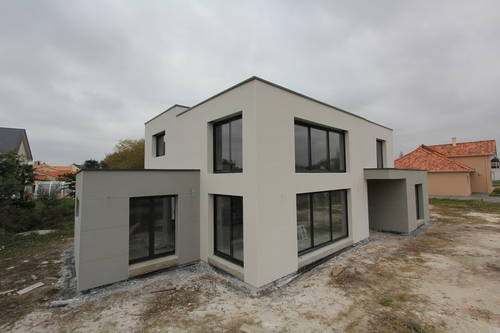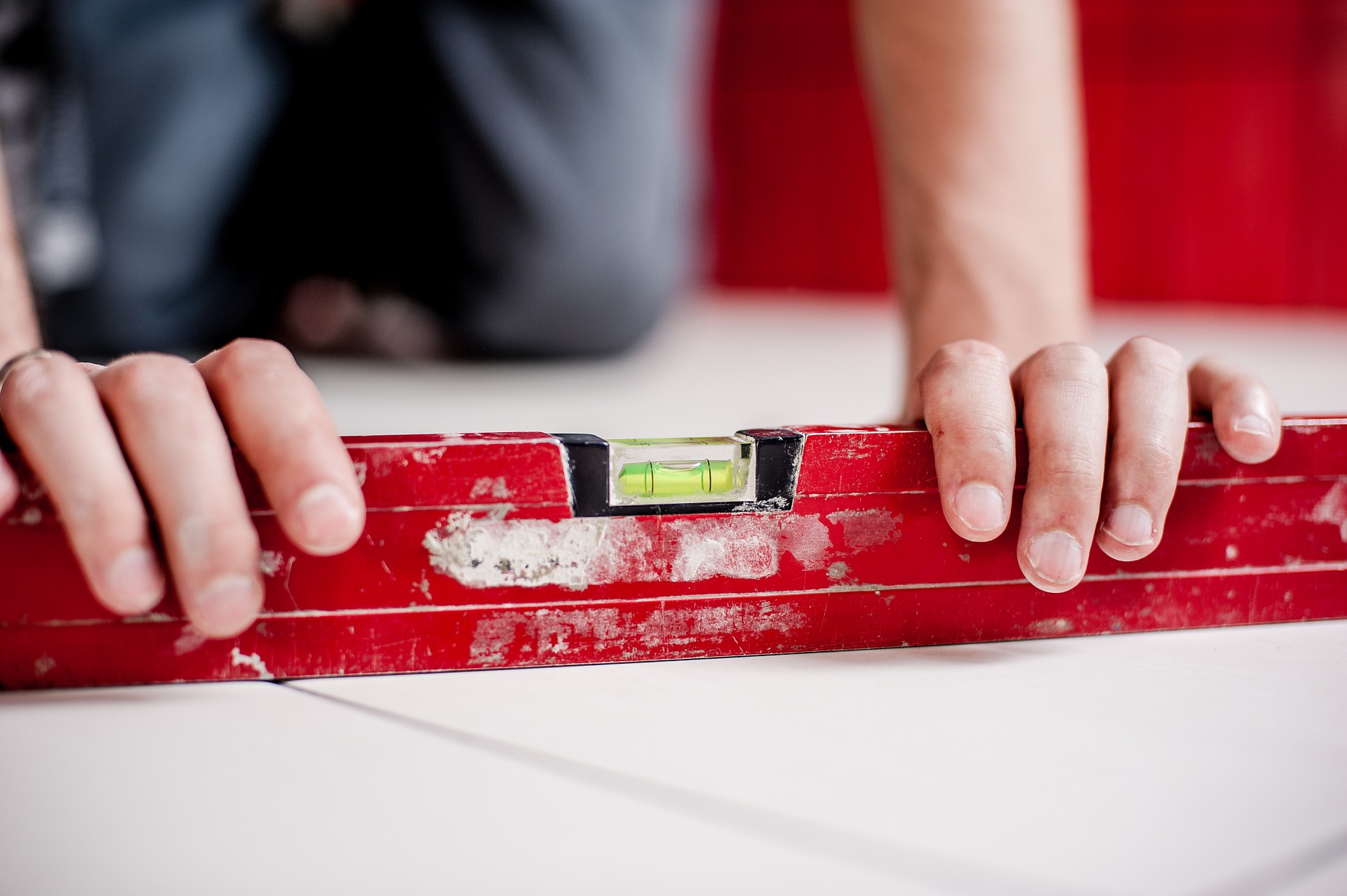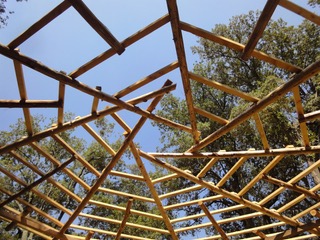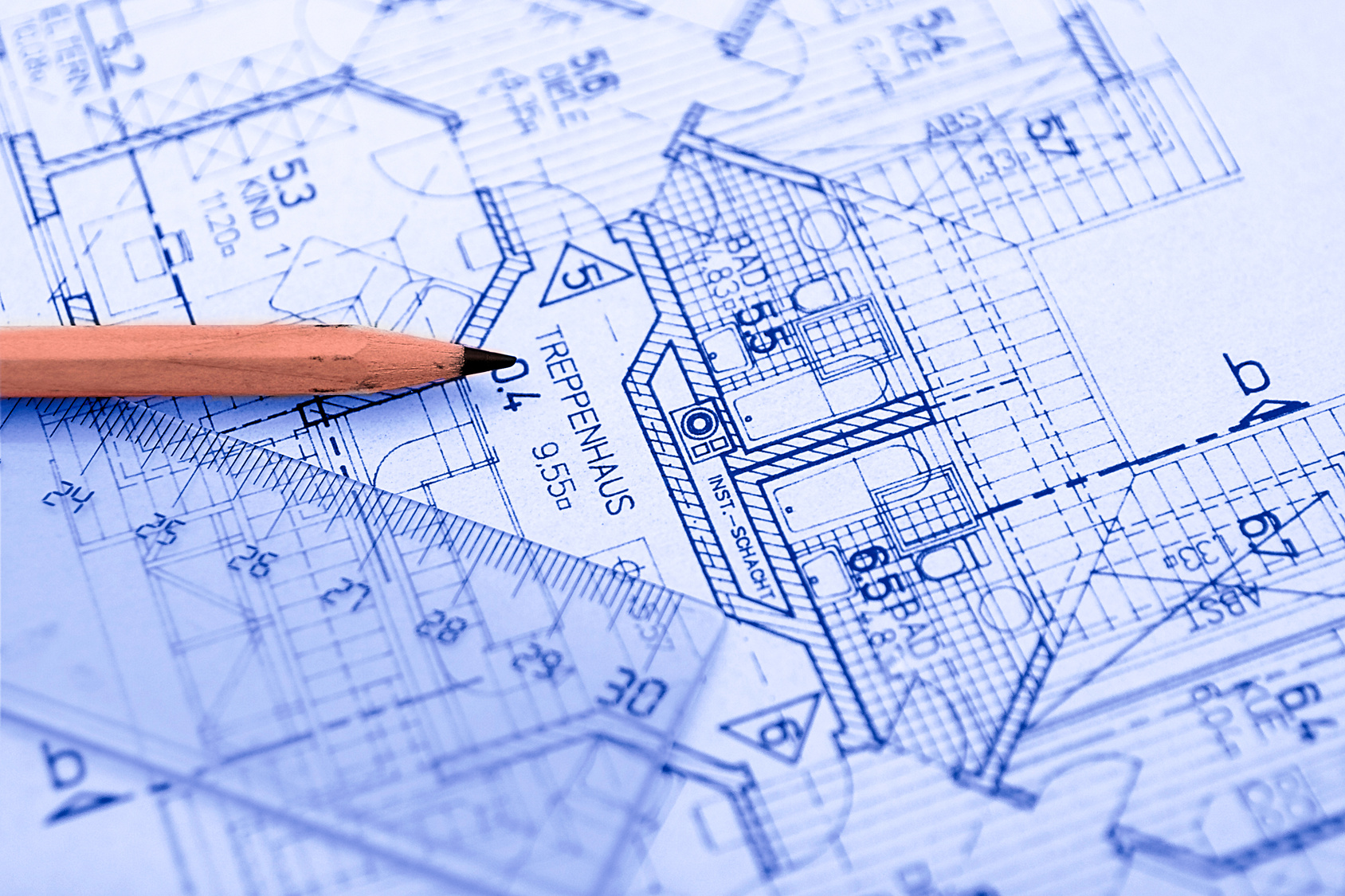Cowboy Builders or Cowboy Clients?
We all know about ‘cowboy builders’ in France, but are the victims of these incidents sometimes the unwitting accessories of their own misfortune? writes David Yeates, Editor of France Insider

We suspect there can be few who have purchased property in France who have managed to escape entirely from one problem or another with a builder.
Cowboy Builders?
In many cases it may only have been be a delay in the commencement of the work, but many of the complaints we receive into the office involve the full trinity of delays, over-priced and substandard work.
‘’I am amazed at the frequency with which I continue to hear about people who have been duped by builders’’, says John Marshall, an RICS surveyor based in the Aude.

‘‘There surely have been enough stories on our television screens about building disasters abroad for international buyers to have picked up that you need to tread carefully in the engagement of builders. No-one is giving British expats in France the monopoly of being rogue builders, as there are very many good British builders in the country. However, if you walked into a bar and someone told you they were a doctor and that they could cure your asthma, you would probably want to check them out before you agreed to accept treatment from them’’. says John.

Despite the widespread impression that access into the building professions in France is strictly controlled, in fact it is very easy to enter most of the trades without any or little experience.
But just as common is registering a business (even assuming they are registered at all!) with the Chambre de Metiers as one of the unregulated trades, and then simply undertaking works for which they are not registered, and in which they do have no qualifications or experience.
So the fact that the builder has a business registration number is completely irrelevant if he is doing work for which he is not registered!

Part of the problem of identifying good from bad builders is that there is no easy reference point from which to judge them. Cowboy builders rarely arrive on horseback wearing a Texan hat, and there is no kitemark system in France which might make it easier for clients to make an informed choice.
Dodgy builders can also disguise themselves very well, and the definition knows no national boundaries, as there are probably as many dishonest French builders as English.
”However”, says John Marshall, ‘‘the cases involving French builders are frequently of a different nature, and not always discernable to the client; in particular, the fact that they may have paid an inflated price for the work’’, he says.
Cowboy Clients?
But, whatever the nationality of the builder and the nature of the problem, does not the client also have some personal responsibility for the disasters?
Gary Cocking a British builder based in the Hautes Pyrenees says that even if there was better kite marking of builders he is far from convinced that more building disasters would be avoided, as most people do not choose on the basis of quality.
‘’In my experience most property owners are price driven, so that is the main criteria which determines the selection of their builder’’, he says.

He also considers that owners frequently fail to understand the scale and complexity of the projects in which they are involved, let alone the budget they are going to need to do it.
‘‘The vast majority of clients I encounter have no prior experience of a major restoration or new build project, yet I am frequently amazed at the confidence they express in how quickly and easily it can be accomplished, and for the budgets they have available.
One of the most common problems is that clients often fail to give proper consideration to the structural integrity of the property – foundations, walls and structural timbers – before they are already deciding what type of kitchen units they want to install.
In the end, builders will only do what you want them to do, and if the €20,000 kitchen is more important to you than ensuring the integrity of the roof timbers, then that is the clients choice’’, he says.

Roger Kemble, an architect based in Languedoc concurs. ‘’The building renovation process is actually highly complex, with a large number of uncertainties and different approaches that are possible.
The position is made more difficult in France as you are often dealing with sub-optimal buildings with numerous faults. Resolution of the problems may defy an easy solution that is both technically sound and aesthetically pleasing, particularly if there are budget constraints’’, he says.
Television companies like to paint a very black and white picture of building disasters abroad, with the client as the victim, but it would be churlish to say that this was only because it they need to get their co-operation to broadcast the story in the first instance.
Gary Cocking says that the problem with such programmes is that “they never show cases in which the client changes their mind about the things they want on an almost daily basis, and ask for things to be included that were never in the original quote. Neither do they show the client who complains about the smallest fault, and uses that as a pretext for not settling a bill”.
Heather Verard a resident of Brittany tells of a good British builder who nearly lost his business as a result of a pair of unscrupulous Brits for whom he did a great deal of work who simply sold up on the quiet and went back to the UK. “They left a false address and phone number and even sold on the goods he had supplied to someone else, so he can’t even claw back them back”, she says.
Owners who want to do cash deals with builders in order to save money are clearly asking for trouble, but Tim Blow, a British builder in Gascony, says that most clients he encounters are looking for cash deals to be done in order to get a better price. “I have to try and be polite and tell them that the long arm of the tax office is watching over me, and that I need to show a regular turnover in my business, or risk an investigation”, he says.
Inherent Problems
However, not all of the problems arise simply because of dishonest or incompetent builders or clients. Many also occur because of the nature of the industry itself, and the inherent difficulties of organising a building project in a foreign country.
Clearly it makes sense to get alternative quotes, but on what basis is are comparative quotes to be obtained, if it is not against the same specification?
No two building quotes will be the same, not only because of the different estimating practices used by builders, but because if they have nothing to price against they are going to make their own decisions about many aspects of the extent and nature of works and even the type of materials to be used.

John Hook, a builder in South West France, says that the quality of the estimate is paramount. “You need to ensure you get a full estimate from your builder that itemises every aspect of the job, including materials, quantities and areas. If it isn’t on the estimate, it won’t get done”, he says.
Alternatively, get an architect to prepare drawings a specification, but even here there are risks and difficulties. Property renovation may not be the core business of an architect, and even if it is, some like to work with a building team in whom they have confidence, which can put up the costs considerably.
Some so called ‘architects’ may also claim a list of exotic qualifications, but whose actual technical ability and qualifications may fall short of what you require.
Anyone who is not a member of the Ordre des Architectes is not a French qualified architect, although it is equally possible to use RIBA architects from the UK.
Most frequently, the greatest barrier to selecting a good professional team is limited French language ability. John Hook does not find it surprising that many international buyers drift to a builder with whom they share a common language.
“If you are not sure how you are going to go about the project, and if you are not familiar with local rules and building materials, you probably want to work with a builder with whom you can discuss how to proceed. Inevitably, therefore, this will constrain your choice”, he says.
He is also considers it simplistic to say that clients should not hand over money to a builder in advance of work being carried out.
“Very few builders will go onto site without a down payment of around 30%. It is normal practice everywhere, including in the UK”, he says. “I appreciate that can sometimes mean a large advance payment on a project, but that simply reinforces the importance of doing the right checks on a builder before you engage them”.
And even if you do find a good builder there is always the risk that things will go wrong and you find yourself in dispute with the builder. Even if you have a formal written contract with them you could be dragged into expensive legal proceedings that last years, by which time the dream of your new life in France may be in tatters.
Given the difficulties of organising a renovation project abroad, and all the problems that can arise, it is perhaps not surprising to hear reports that an increasing number of international buyers are opting instead to buy a property which has already been restored, or one they think they can do on a DIY basis themselves. But then, DIY disasters abroad? Well that’s a different story!
Ten Point Survival Plan
i. Take your time about what you wish to do, and just who you wish to do it. An owner in a hurry is a gift to a dishonest builder.
ii. Check out at least two recent similar jobs undertaken by the builder. Do not telephone or e mail; visit the site, and actually meet the owner to see the quality of the work for yourself.
iii. Ensure the builder is formally registered as a business in France, and for the type of work that you are proposing they undertake.
iv. Check the builder carries current paid up insurance policy for 10 year defects; it does not guarantee you will be paid out, but it is the starting point.
v. Ensure you obtain a detailed quotation specifying works and materials, and make sure you understand it. Building quotations need to be understood as much as for what they omit, as for what they say! Better still get a specification prepared against which to obtain alternative quotes.
vi. Discuss with the builder how they are going to run the job, and the use of sub-contract labour. If sub-contract labour is significant, then you also need to check them out.
vii. Discuss and agree the payment plan, so that you are only making payments against completion of each stage of the project.
viii. Only pay into their French bank account so that payments can be properly traced.
ix. Engage a competent project manager to oversee the works. This is particularly important if the project is to be run as separate sub-contract packages. Otherwise, visit the site on a daily basis.
x. Remember that, although you need to be cordial, your builder is not your friend. Keep matters business-like between you, so that the builder knows you will not be taken for a ride.



I paid a builder 37000 euro Gia bank transfer in December 2021. 6 months he said to do agreed work. 16 months later there is almost nothing done, he was supposed to completely rewire house, I have bare wires everywhere. Reported him with proof to the Marie, the Tribunal etc. As he knows I work away in Europe he was never sending me updates as requested. I have a new quote to finish the work of 40000 euros, all his work is not correctly done. LV Batiment in Le Thillot is his name. 70440 is my postcode. Servance. I am happy to produce a report showing 75 faults found.
The “Chambre de Metiers” is not fit for purpose, there is no face- to- face when applying for a Siret number and due diligence is laughable. We have written 6 times (one sent special delivery) to the CDM complaining about builders, but we have received no reply, we have also made a statement to the Gendarme because of theft and blatant fraud, that was 3 months ago. All applicants for a Siret number should be seriously investigated and proof of education and courses attended should be made mandatory, this should also show proof of insurance.